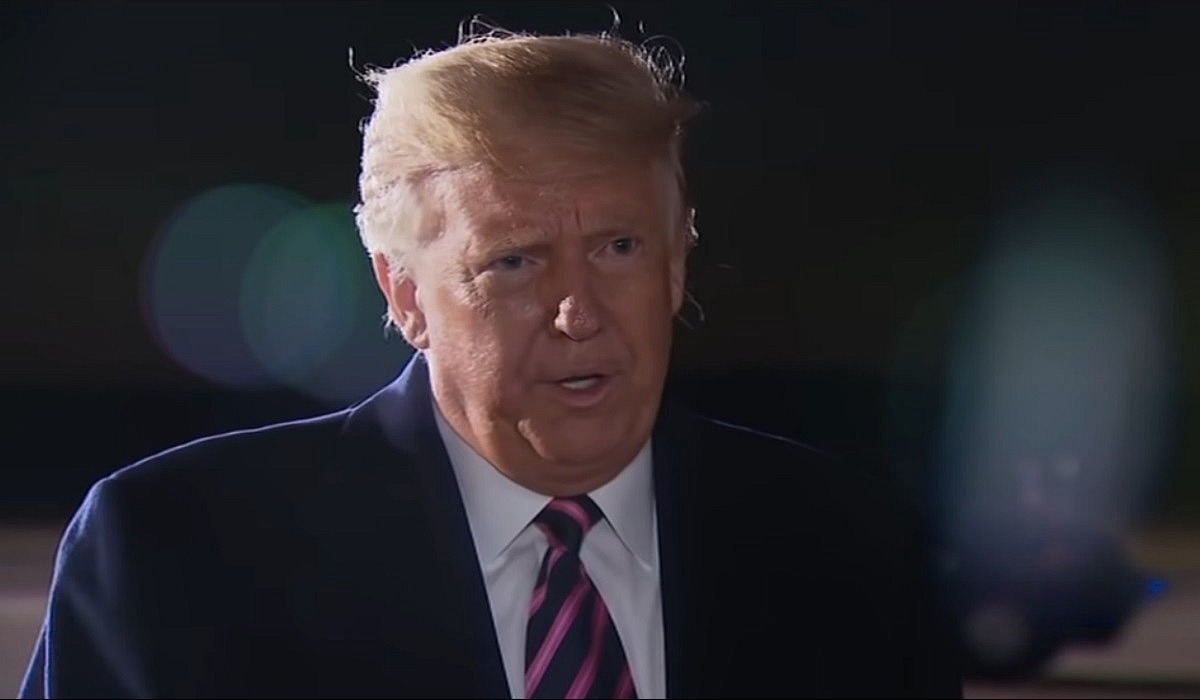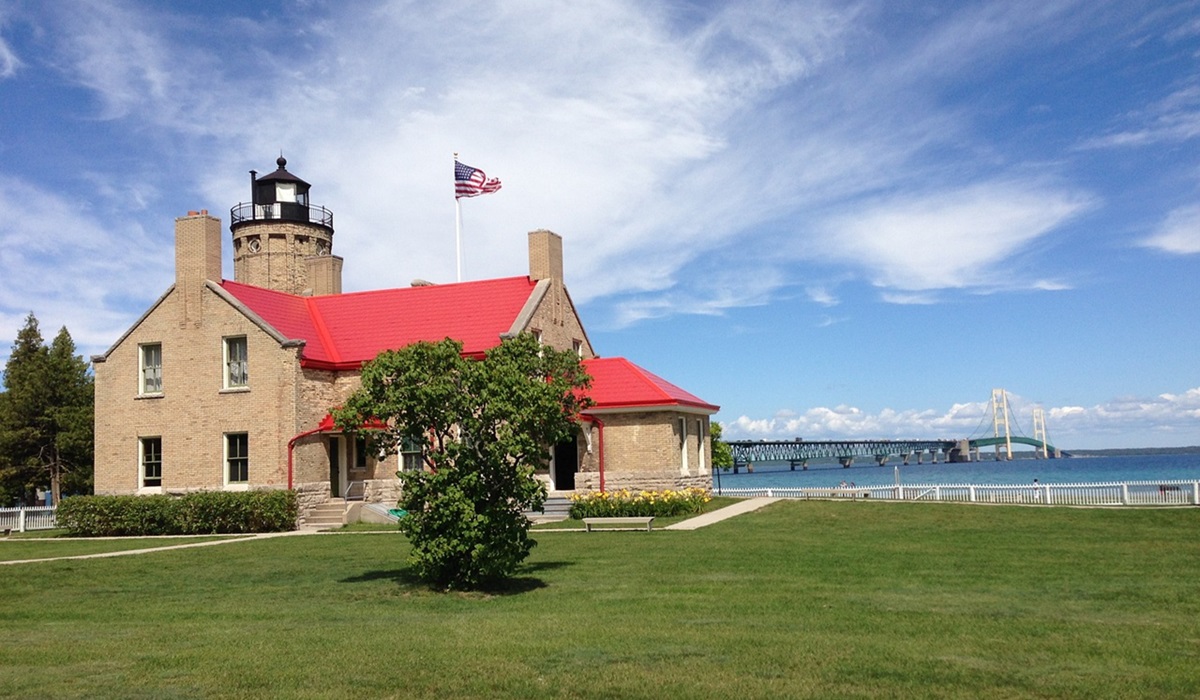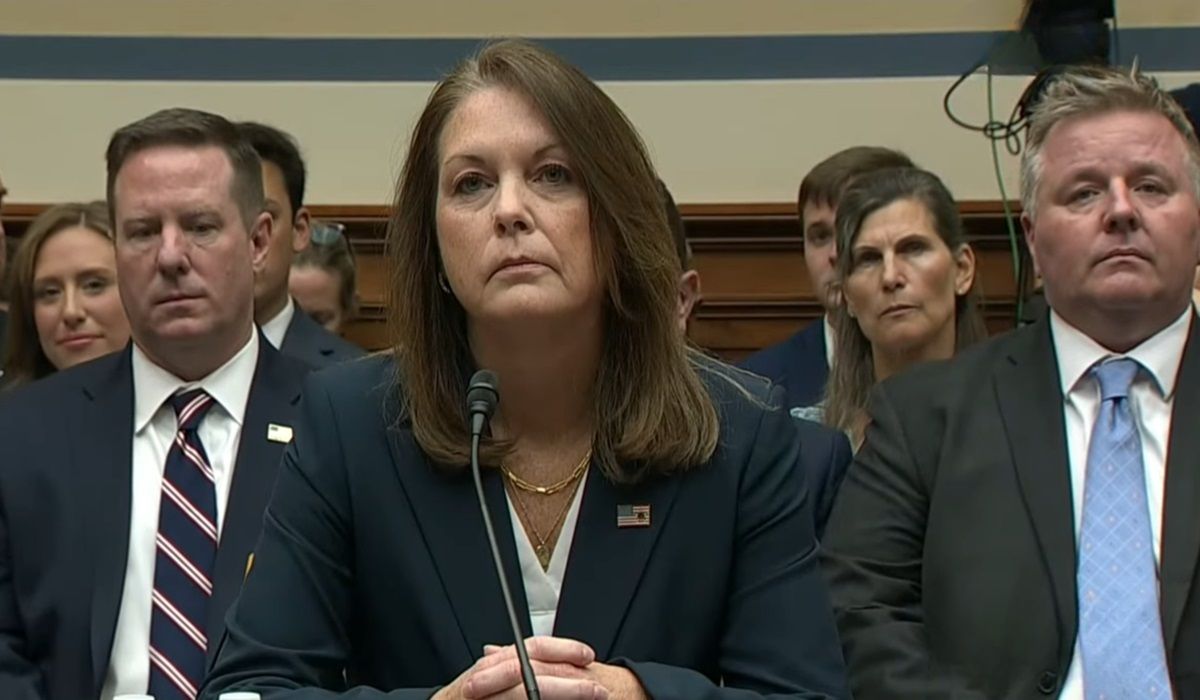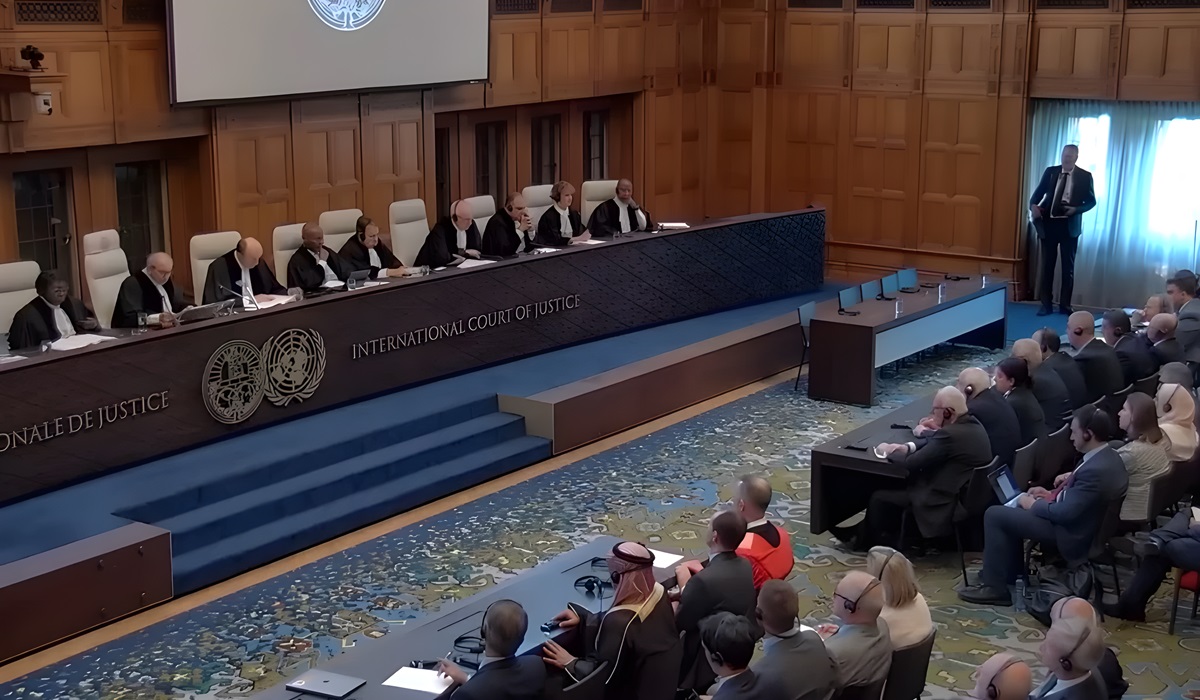Colorado State Supreme Court Ruling Removes Trump From Presidental Ballot
- Kingston Bailey
- Breaking News
- December 20, 2023

In a historic 4-3 decision, the Colorado State Supreme Court has ruled to remove former President Donald Trump from the ballot, citing the Fourteenth Amendment about an insurrection ban. This landmark ruling signifies a significant turning point in American politics and sets the stage for a potential shift in the upcoming elections.
The Fourteenth Amendment, ratified in 1868, is a crucial component of the United States Constitution. It addresses citizenship rights and equal protection under the law, and its first section is particularly relevant in this case. Even with the US President carrying the state of Colorado by 14 points in 2020, Trump not appearing on the ballot has further implications for the GOP.
Section 3 of The US Constitution of the 14th Amendment. Disqualification from office for insurrection or rebellion “No person shall be a Senator or Representative in Congress, or elector of President and Vice President, or hold any office, civil or military, under the United States, or under any State, who, having previously taken an oath, as a member of Congress, or as an officer of the United States, or as a member of any State legislature, or as an executive or judicial officer of any State, to support the Constitution of the United States, shall have engaged in insurrection or rebellion against the same, or given aid or comfort to the enemies thereof. But Congress may, by a vote of two-thirds of each House, remove such disability.”
This ruling marks the second time in over a century that the Fourteenth Amendment has been utilized in such a manner. The decision comes in response to the involvement of former President Trump in the insurrections that occurred on January 4th and his refusal to facilitate a peaceful transfer of power.
Despite the ruling, the removal of Trump from the ballot will be held off until January 4th, allowing the former President time to appeal to the U.S. Supreme Court. Trump intends to file an immediate appeal, setting the stage for a legal battle with far-reaching implications.
The ruling could deliver a monumental blow to Trump’s political aspirations if held up by the High Court or if it denies Trump’s request for a hearing. The case, initiated by Colorado plaintiffs, stands out as a victory in contrast to similar attempts in other states, such as Minnesota, that have failed. This development also signals a potential shift in favor of other candidates, particularly Nikki Haley, who is a distant second to Trump in recent polling.
The exclusion of Trump from the ballot may open the door for other candidates to gain an advantage and reshape the political landscape in Colorado and possibly other states. Additionally, the argument that Trump cannot be President if he is not on the ballot may sway voters in favor of alternative candidates in the upcoming GOP primaries.
In essence, the Colorado State Supreme Court’s ruling reflects a historical application of the Fourteenth Amendment and has the potential to reshape the electoral dynamics. If upheld, this decision could influence the outcome of the election in Colorado and beyond, symbolizing a significant moment in American political history.








